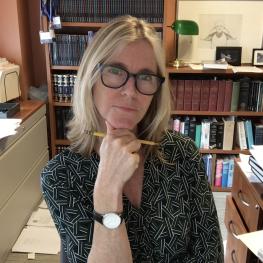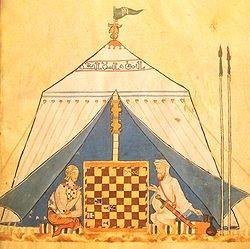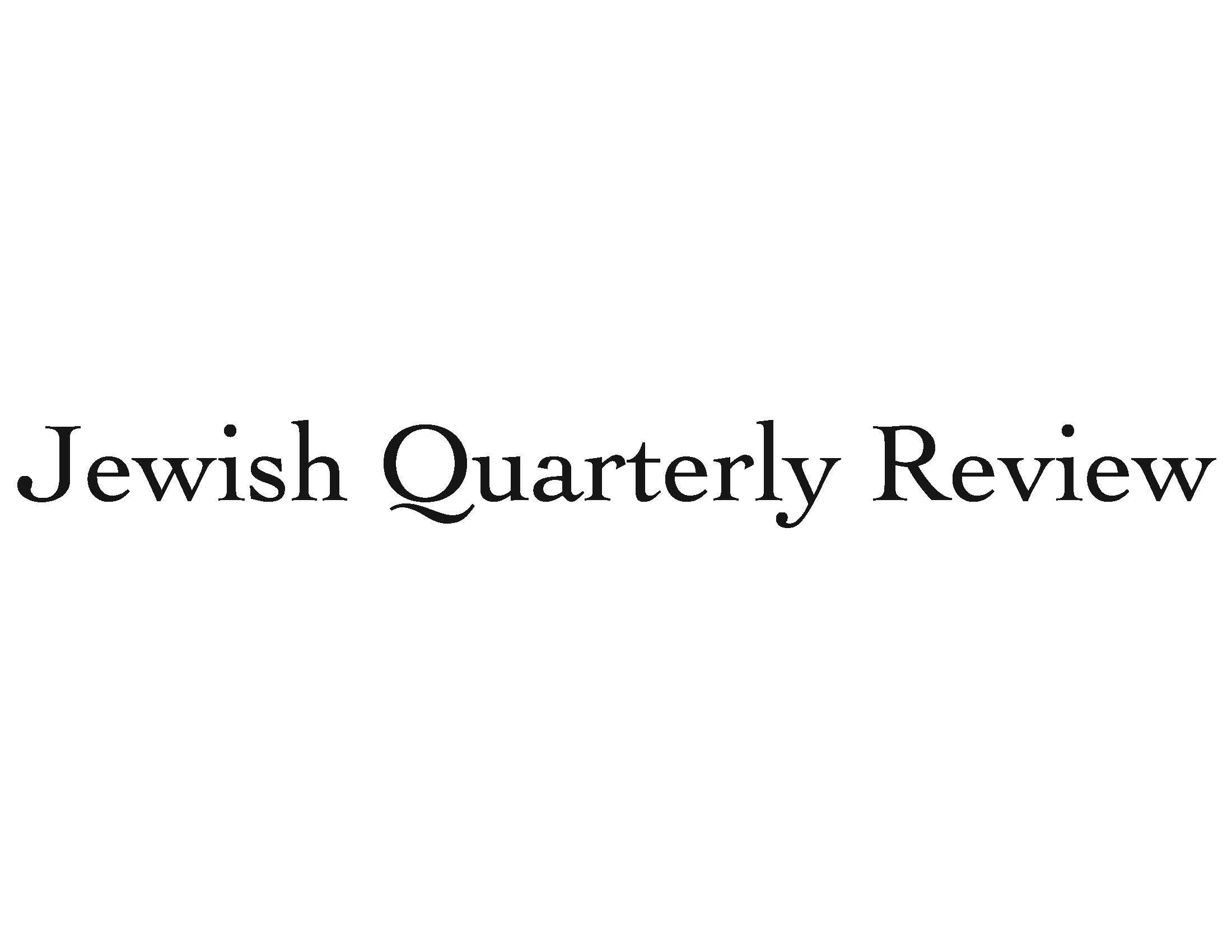Are You My Mother?
Try everything once except folk dancing and incest. This oft-quoted advice is harder to follow than you’d think. I read a letter recently to an advice columnist, sent by a widow whose twenty-something year-old children are horrified that she is sleeping with their half brother, who is their same age. It seems her husband had an illegitimate child at the same time as he was having his legal children with his wife. This shocking state of affairs produced in me a sort ethico-visceral head scratching. The woman and this lad (step-son? husband’s son?) were in fact comfortably distant biologically from one another (they had no consanguinal bond)—but somehow my gut said they were decidedly not distant at all (sharing some sort of affinal bond). Her children, with whom the young man did share a consanguinal connection, agreed. How to rule on this?
Nearly every society has an incest taboo, but that is where the similarity ends. What constitutes family and what is deemed a transgression of family ties are decisions constructed according to a range of social and historical pressures that have little to do with biologically advantageous reproductive strategies.
A society’s incest laws give us rather direct backstage access to a society’s understanding of the boundaries and constitutions of self, family, and community. And changes in those laws are witness to the ways that these bedrock concepts are themselves more like lava—in constant flux. This sort of problem is precisely the interest of Joseph E. David’s essay “Selfness and Kinship in Medieval Karaite Incest Laws” in the spring issue of JQR (109.2 [2019]: 173–202). According to his legal history, in short, different Karaites in different ages would have different answers for our young widow. David documents the radical legal changes in Karaite incest laws around the turn of the tenth and eleventh centuries.
Spoiler: according to one form of Karaite law, the mother would have been free to sleep with her husband’s bastard if she had not had her own children with him as well. Their shared children activated a set of heretofore latent relationships, making the illegitimate child, for the purposes of incest, into her son too, complete with all attendant sexual restrictions.
It is all wonderfully confusing, and David’s piece is riveting reading.


